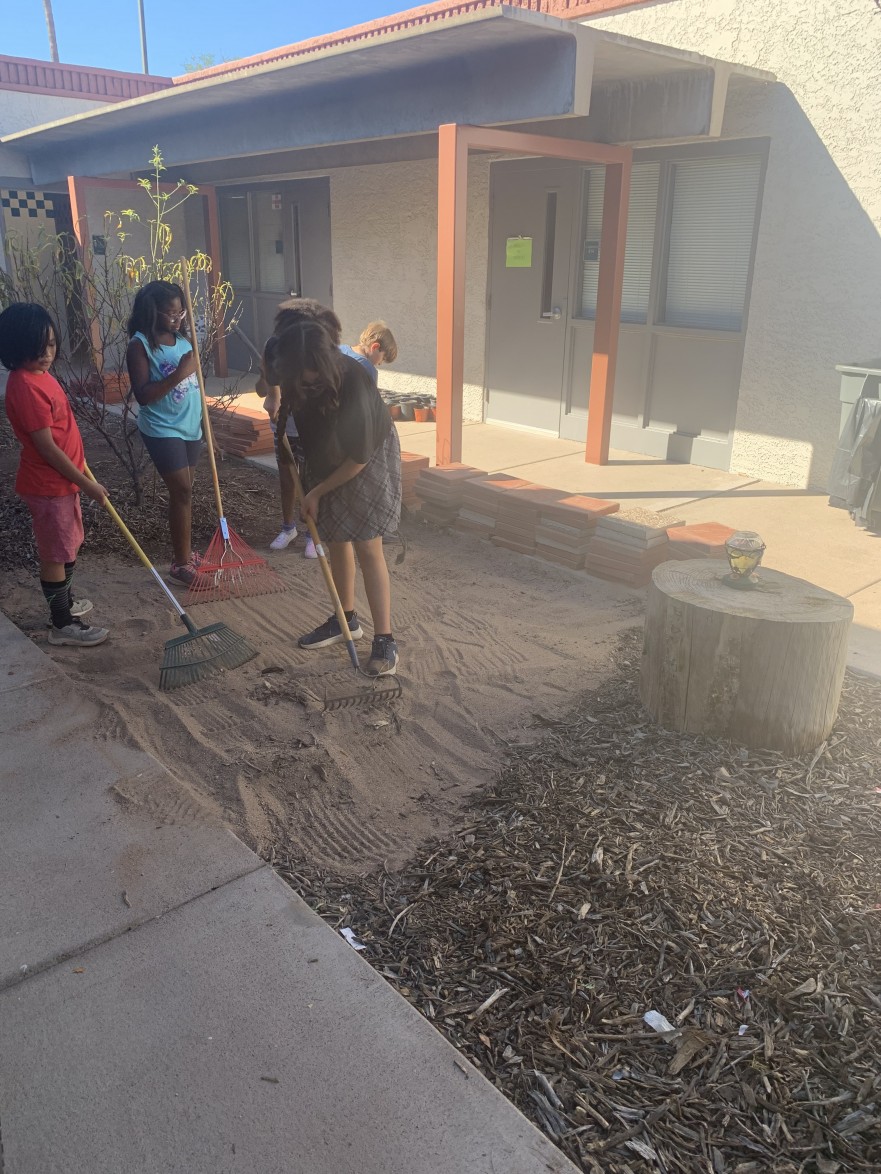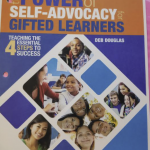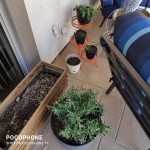One thing that I intentionally make a part of our class culture is student ownership of our environment. In a time when children’s contributions are minimized, the classroom is one place where they can expect to have something to offer. In return, we have fewer accidents, longer usage of materials, and our environment is consistently prepared which makes it welcoming to all that enter.
Leave It Beautiful For The Next Person
Beautification of the environment is an important aspect of the Montessori classroom. In addition to being clean and stocked, the materials and décor should be inviting to the mind and pleasant to the eye. This is the type of environment that students walk into on the first day of school. They are excited to be in this type of environment and enjoy interacting with it. This first day includes the reminder that they are responsible for maintaining the environment. This means any material a student used is cleaned and restored by that student before putting it back on the shelf. Bottles are refiled, science materials are cleaned, paper sources are restocked, and work areas are cleaned. The expectation is that the area should look as good as or better than it did when the child first used it.
This has been difficult for some students that are not use to doing this at home. There have been several instances when students had to be called back to an area to properly restore it which could throw off the rest of their schedule. Over time, they learned the importance of restoring the environment correctly the first time. In addition to this, they became more organized and developed a better sense of time management.
Beautification for the next person goes beyond the current students in the class. We recently laid stepping stones in our courtyard as a whole class project. In addition to putting our knowledge of arrays, area, volume, and weight conversions to use, the students were proud to know they were creating an addition to our campus that will continue to be used after they moved on.
You Are Responsible For Yourself
Maintaining the environment includes the students learning how to manage themselves. A class expectation is for students to manage their own bodies. This means they are in control of themselves. As simple as this is to say and understand, it is more difficult to master. The adults in the environment can provide cues, prompts, and try to prepare the environment for student social success. Yet, the student is the one with the most power and the most control of his/her body. Therefore, the responsibility for this remains with the child. Students learn quickly that they are responsible for keeping up with their own work when they inform me they lost it and I let them know I do not have a replacement.
We keep one or two of each material in our class for everyone to use. This means that if it is not available when a child wants it, he or she has to wait (hence the importance or restoring material for the next person to use). The waiting student is responsible for moving on to another work until that one is available. This is difficult for students that are accustomed to being told what to do all day. No one tells my students what to do all day for several reasons. Even with a general schedule, each day is unique to itself. Students are expected to keep a log of work he or she is actively involved with and use that to tailor each day. Students that wait to be told what to do learn the value of planning out the day to stay active, focused and intentional.
You Are Responsible To Your Classmates
As an interdependent community, students learn that their actions can have a direct effect on the overall classroom. This is done intentionally to foster this realization. For example, students are asked to replace objects not purchased by the school that they break accidentally or intentionally. These are usually supplemental objects that I purchased therefore I am mindful to purchase affordable items.
In one case, a student did not follow usage directions and broke a beaker. Considering it was the only one, other students could not conduct experiments that needed that beaker. After talking with her parents, the student replaced it and proudly presented it to the class. Her classmates were thankful and grateful for her taking ownership and restoring the material. In another case, a student spilled water on a card material and ruined it. Thankfully I had a paper copy of it. The student was able to make a copy of the material in the office and learned how to laminate the material. He was able to present the new material to his classmates and they were able to use it again. In both of these cases, the opportunity to take ownership and restore damaged materials provided unique social lessons. Replacing the materials for the students would have robbed them of this.
Opportunities to contribute to the environment can help create communities of respect, love for work, and meaningful contributions. I encourage you to seek out ways that students can become active members of your school community. Here are some ideas you may want to try:
- Initiate morning routines independently
- Initiate transition routines independently
- Restore environments at the end of the class or day
- Beautify an area of the campus
- Help the custodial team whenever possible and appropriate
- Pick up trash on campus
- Ask three peers before asking the teacher
- Announce when a lesson will start and expect students to be in a ready to learn position when you show up (notebook, pencil/pens, text open and ready)
Try some for a while and let me know how it works out. If you have experiences that built student ownership for the community, I would love to hear about them!









